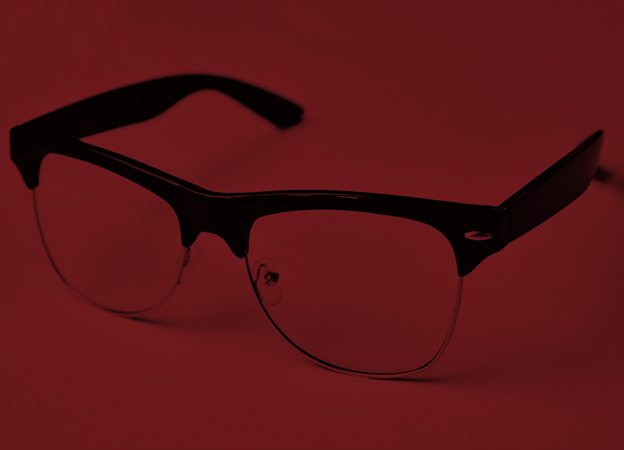Contact Lenses
Are They Right for You?
Who is the Ideal Candidate for Contact Lenses?
Most people are able to wear contact lenses for vision correction, as well as cosmetic enhancement; however, there are some important factors to consider before you decide to make the switch from eyeglasses to contact lenses. Contact lenses help you look, feel, and see your best, and they are the perfect solution for many athletes, business professionals, outdoor workers, and others who do not like having eyeglasses on their faces for whatever reason. They don’t fog up, streak, or fall off your face during activities – and they offer excellent peripheral vision for maximum visual performance during daily tasks.
The ideal candidate is anyone who wants the freedom of clear vision and does not have any conditions or lifestyle factors that prohibit comfortable wear or adequate vision correction with these convenient lenses. If you fall into one of the following categories, you may want to discuss your desire to wear contact lenses with your Wise Eyes Optical eye care professional:
- Extremely Dry or Sensitive Eyes
- Too Busy to Care for Contact Lenses
- Very Unique Vision Requirements
- Certain Eye-related Medical Conditions
New Options in Contact Lenses
Contact lenses have come a long way. Even if you face a condition that would have previously ruled out contact lenses as an option for you, there may be a specialized type of contacts designed just for you! Newer options include breathable air permeable lenses, moisturizing lenses, soft comfort lenses, toric lenses for astigmatism (with presbyopia!), bifocal and multifocal lenses, and daily disposables. These options can help you overcome just about any challenge so that you, too, can enjoy the ultimate convenience and superior vision of contact lenses. Ask your Wise Eyes Optical optometrist if there is a contact lens that will meet your needs.
Pros & Cons of Contact Lenses
Before you make the switch to contacts, consider the pros and cons of both eyeglasses and contact lenses in consideration of your vision requirements, lifestyle, and budget. Your Wise Eyes Optical optometrist can further advise you regarding whether contact lenses are a reasonable choice for your vision correction needs.
Contact Lens Pros
- Excellent Peripheral Vision
- Participate in Sports & Activities Without Worrying About Glasses
- Change the Color of Your Eyes
- Less Visual Distortion Than Glasses
- Do Not Fog Up or Smear Due to Weather Conditions
Contact Lens Cons
- Require Practice to Insert & Remove
- Some Types May Aggravate Severe Dry Eyes
- Some Types Not Ideal for Extended Computer Usage
- Some Types Require Regular Cleaning
- Some Types Can Cause Irritation if Worn While Sleeping
Modern contact lenses are available in a wide range of materials and types designed specifically to combat all of the cons of traditional contact lens wear, so if you really want to try contact lenses, there is probably a lens out there for you! If you do not want to be bothered with cleaning delicate contact lenses every day, daily disposables eliminate much of the maintenance and cleaning requirements that used to come with being a contact lens wearer. The newest air-permeable and hydrating lenses are ideal for most people with dry or sensitive eyes. With regular practice, anyone can become an expert at quickly and easily inserting and removing contact lenses.
Trying on Contacts – Discover the Best Options
Schedule an appointment at your nearest Wise Eyes Optical to learn more about your contact lens options and try on trial lenses that your optometrist thinks may be a good fit for you. When you come in for your appointment, we will patiently work with you to help you try on contacts until you find the best lenses to meet your needs and help you find a great price on the lenses you love.
What Age Can You Begin Wearing Contacts?
If your child has expressed an interest in wearing contact lenses, his or her ideal age for beginning a trial of soft contact lenses will depend on his or her personal ability and maturity level. Typically, sometime between the ages of 10 and 14 is generally ideal for introducing your child to the benefits of contact lenses. Most young children will be prescribed daily disposable lenses. Overnight lenses are typically not ideal for our younger patients. In all cases, children should have ready access to corrective eyeglasses even when contact lenses are prescribed.
If your vision requires corrective lenses, it is important to always have at least one spare pair of eyeglasses available at all times. Even with optimal care, there will be times in your life when your eyes become irritated, infected, dry, affected by environmental conditions, or when you just feel like giving your eyes a break.
Get a complete set of eyeglasses for


